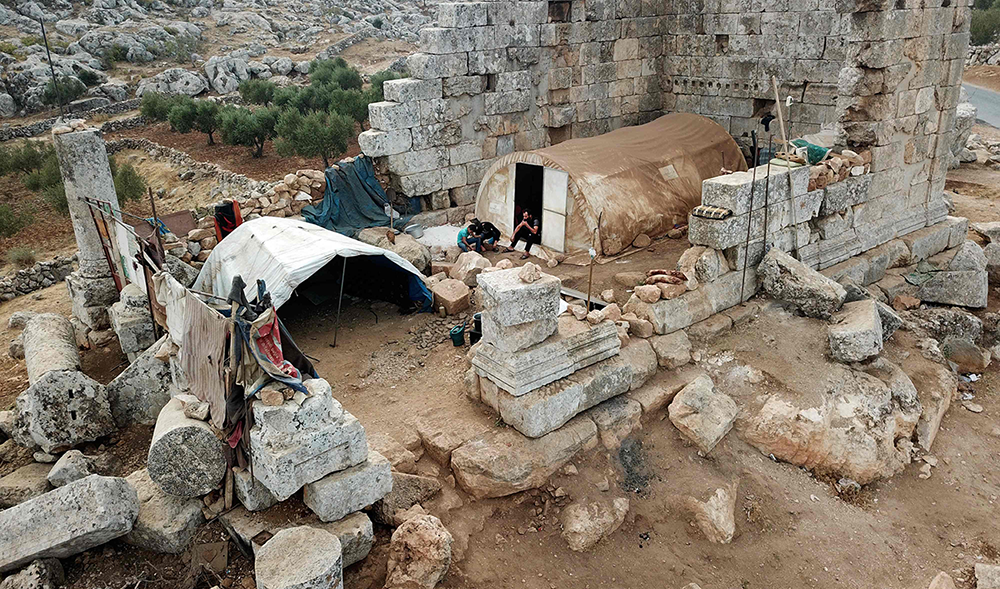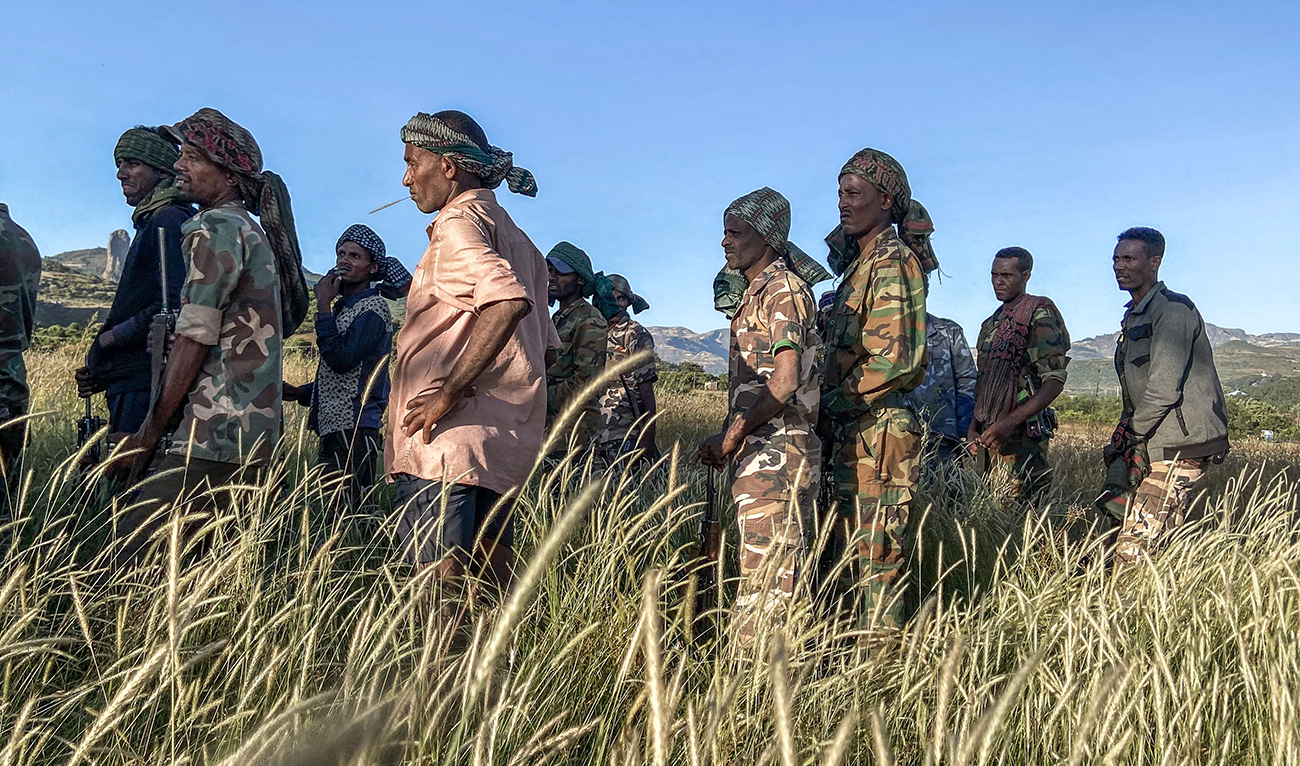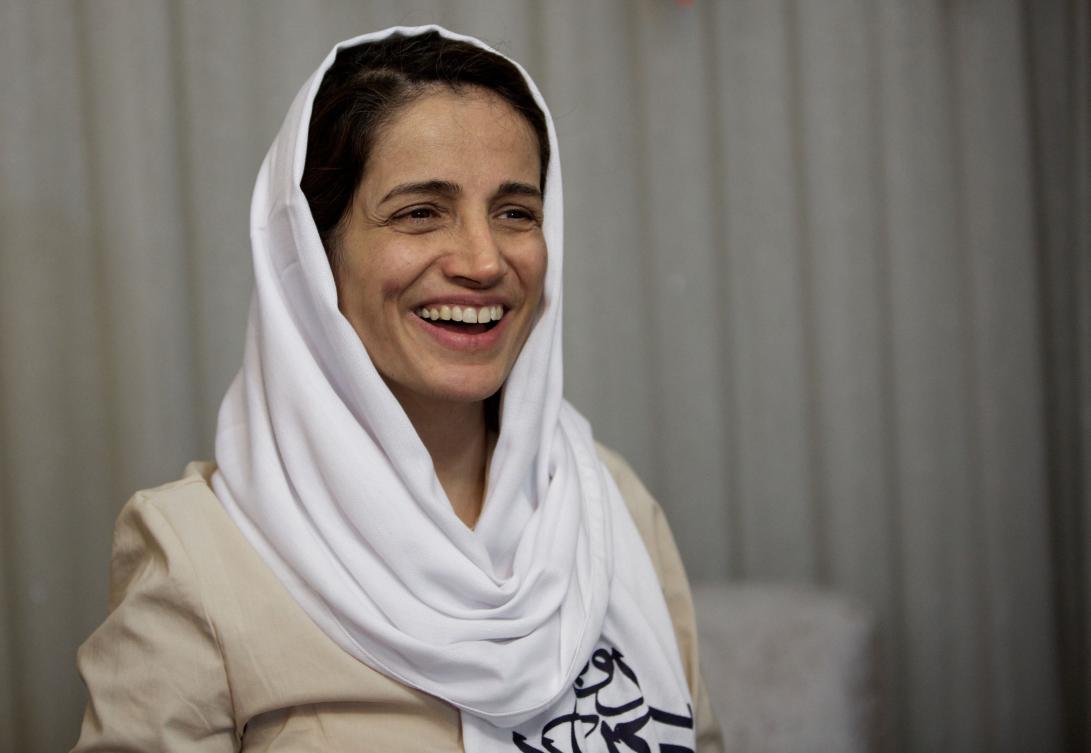Lebanon reinstates lockdown amid economic crisis
BEIRUT: As he met with a delegation from the Association of Depositors in Lebanon on Tuesday, the country’s central bank governor, Riad Salameh, stressed: “Lebanon is not bankrupt.”
The governor continued: “However, the financial sector is suffering due to the repercussions of the regional crisis that Lebanon has not been able to break free from, organized smear campaigns that were used as instruments of pressure over the past 3 years, and the public losses due to the increasing current account and budget deficits over the past 5 years. These factors had an impact on the national exchange rate.”
Salameh’s statement coincided with the decision of the Supreme Defense Council, which convened under the chairmanship of President Michel Aoun, to reinstate a two-week lockdown starting next Saturday, with a curfew from 5 p.m. to 5 a.m. every day in an attempt to reduce the country’s rate of coronavirus disease infections.
“Despite the under-performance and stagnation caused by the coronavirus and the country’s decision to not honor its external obligations (Eurobonds), which directly affected the flow of foreign capital and hard currencies, the central bank has proven that it has done its job in a professional way,” Salameh added.
“Lebanese banks still control 90 percent of the circulation, which helps the country avoid additional increases in inflation rates. Since the beginning of the crisis, the central bank granted banks loans in US dollars and Lebanese Pounds (LBP), allowing them to meet the demand on liquidity.
Estimates show that $10 billion is stored in Lebanese houses, which requires a new organizational mechanism to restore the trust in banks. This includes the setting up of a Lebanese digital currency project in 2021 to help implement a cashless system that allows the movement of the money market locally and abroad.
“Lebanon does not have any natural resources. That is why we need to preserve the gold we have because it is an asset that can be liquified in foreign markets if we are ever to face an inevitable fateful crisis,” Salameh pointed out.
The formation of the new Lebanese government is still facing hurdles due to the conditions imposed by the political parties on Prime Minister-designate Saad Hariri, especially by the head of the Free Patriotic Movement, Gebran Bassil, who was sanctioned by the US a few days ago.
The adviser to the French President Emmanuel Macron for the affairs of the Middle East and North Africa, Patrick Durel, is expected to arrive in Beirut on Wednesday night to try and assess the possibility of reviving the French initiative concerning the formation of a government whose mission is to implement reforms.
The US sanctions turned into a dispute between Bassil and the US Ambassador to Lebanon Dorothy Shea, who, on Monday, said Bassil “has a misunderstanding about how sanctions work and a lack of understanding about US policy.” This came in response to the press conference Bassil held last Sunday to defend himself.
Shea affirmed that the sanctions targeting Bassil were “against the individual not the party.”
She also welcomed Bassil’s decision to challenge the sanctions in a US court of law, adding that “Mr. Bassil complained that I did not forewarn him that he would be sanctioned on grounds of corruption, as if that was my responsibility to reveal prior to the designation. It was not. There are various authorities under US law for sanctions. The fact that Mr. Bassil has been designated at this time under the Global Magnitsky Act, does not mean that he or any others, for that matter, could not be sanctioned under a different authority at some later date.”
“During our exchanges, he expressed willingness to break with Hezbollah on certain conditions. He actually expressed gratitude that the US had got him to see how this relationship is disadvantageous to the party. Key advisors even informed me that they had encouraged Mr. Bassil to take this historic decision,” Shea revealed.
Bassil responded to Shea by asking her about “the evidence on the basis of which he was accused of being involved in corruption,” after she had said that such evidence could not be published. He also expressed his commitment to the alliance with Hezbollah.

Lebanon heading for total lockdown as health sector bucklesIran, Lebanon to impose lockdowns, curfews as virus surges



